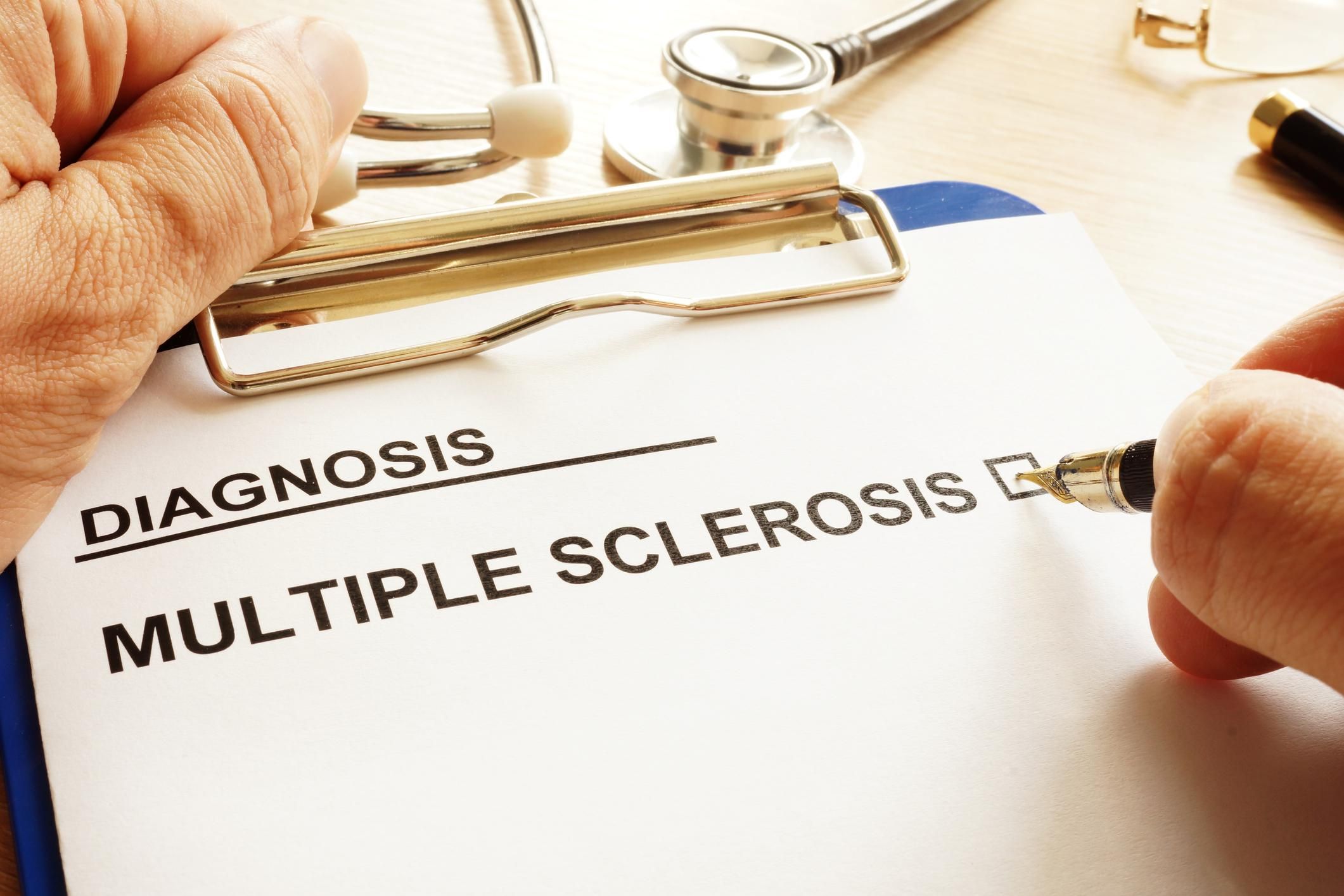Did you know that women are three times more likely than men to get multiple sclerosis (MS)? And, while people most often think of the physical symptoms of MS, many women living with the disease experience mental effects as well.
“Depression, stress and low self-esteem are more common among women with MS,” said Gayle Lewis, Ph.D., a clinical psychologist and board-certified psychoanalyst who serves as a National MS Society Partner in Care. In our story, “Beyond the Physical: How MS Affects Your Life” we explore this critical topic and offer resources to find the support you need.
The good news: While an MS diagnosis is scary, there are treatment options and support groups to help you navigate day-to-day life. As Candice Morgan explained to HealthyWomen, “MS is not a death sentence. You can have a family, you can have a career. You can flourish. I’m living proof of that.”
In our new MS education program, we break down what you need to know about this autoimmune disease, from risk factors and symptoms to diagnosis and treatment.
This resource was created with support from Bristol Myers Squibb.
Multiple Sclerosis Education Program
Multiple sclerosis (MS) is an autoimmune disease of the nervous system. The immune system attacks myelin, the outer protective layer of the brain’s nerve fibers, cutting off communication between the brain and the body, leading to physical damage throughout the body. At least two to three times more women than men are being diagnosed with the disease. The diagnosis process can be challenging and support is important when managing MS. For more information, be sure to contact your healthcare provider and visit the links provided below.
HealthyWomen Resources
- Multiple Sclerosis: What to Expect From Diagnosis to Treatment
- Beyond the Physical: How MS Affects Your Life
- MS Support Group Finder
- What You Need to Know about Multiple Sclerosis
- Important Questions to Ask about Multiple Sclerosis
En Español
- Más allá de lo físico: En qué forma afecta su vida la esclerosis múltiple
- Esclerosis múltiple: Qué esperar desde el diagnóstico hasta el tratamiento
Additional Resources
- National Multiple Sclerosis Society
- Multiple Sclerosis Association of America
- Multiple Sclerosis Foundation
- Living With Multiple Sclerosis Means Always Being My Own Advocate - HealthyWomen ›
- Finding Silver Linings Through My Work as a Health Advocate Has Helped Me Live with MS for 38 Years - HealthyWomen ›
- Tips for Living with Multiple Sclerosis (MS) - HealthyWomen ›
- How MS Affects the Body - HealthyWomen ›
- Consejos para una vida con esclerosis múltiple (EM) - HealthyWomen ›
- Encontrar una perspectiva positiva con mi trabajo de concientización médica me ayudó a vivir con EM durante 38 años - HealthyWomen ›
- How Multiple Sclerosis Affects the Central Nervous System video - HealthyWomen ›
- En qué forma afecta el cuerpo la EM - HealthyWomen ›


